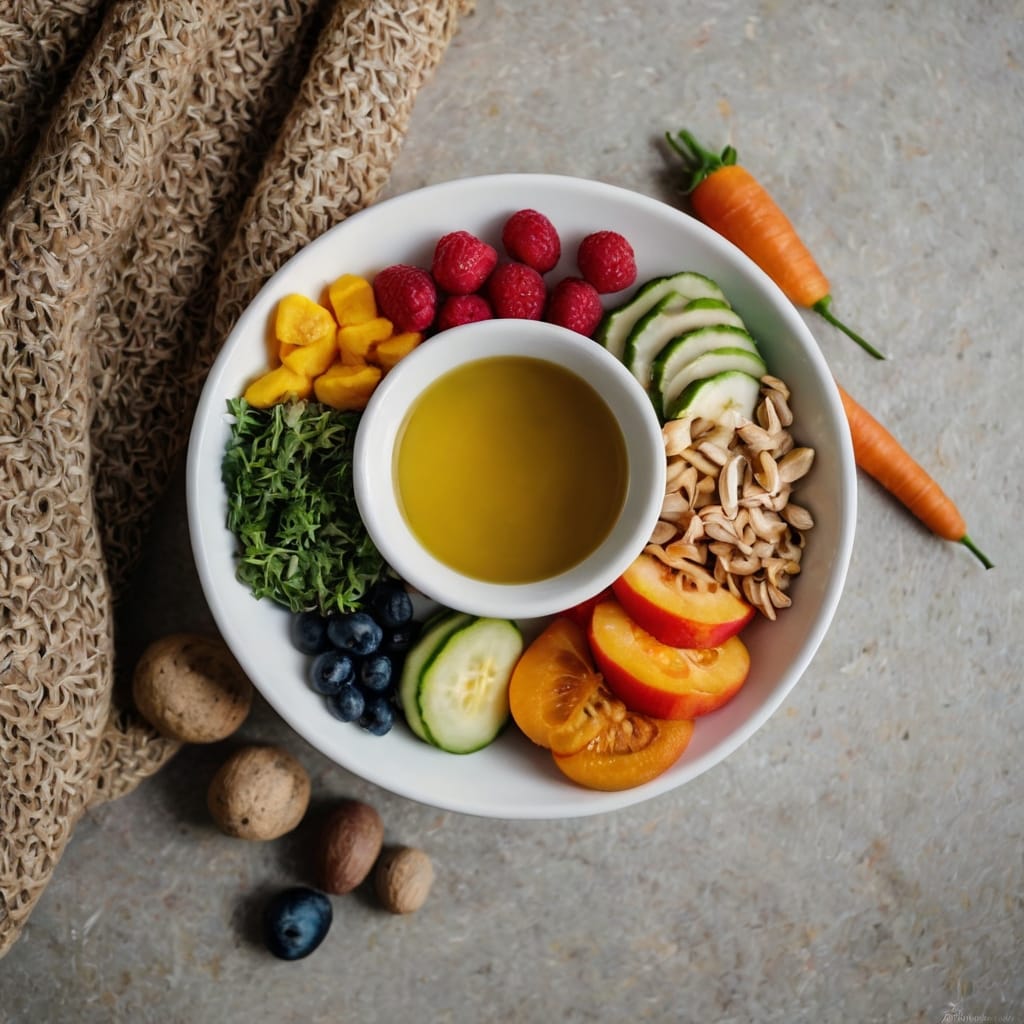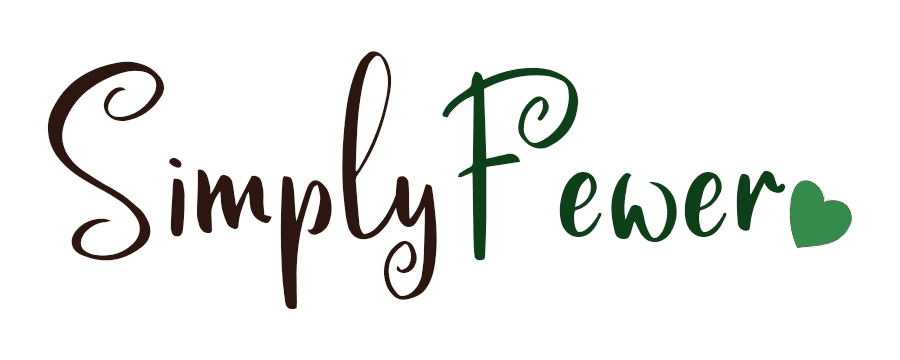Have you ever looked around your home or glanced at your to-do list and felt totally drained—without even doing anything yet? You’re not alone. Many of us live in a whirlwind of clutter, commitments, and constant noise. And guess what? That chaos doesn’t just stress you out—it can make it harder to improve your health and feel truly well.
In today’s world, simplifying your life is no longer a luxury—it’s a wellness strategy. This article dives into how paring down, slowing down, and tuning in can actually make you feel better physically, emotionally, and mentally. Whether you’re drowning in schedules or just craving some peace, these seven tips can lead you toward a healthier and more balanced life.
Let’s explore how Health & Wellness are deeply connected to the art of simplicity.
Table of Contents
1.Clear your space, clear your mind
You’ve probably heard the phrase, “a cluttered home is a cluttered mind.” And there’s real truth behind it.
Visual clutter can trigger mental clutter. According to a study published in the Personality and Social Psychology Bulletin, women who described their homes as cluttered were more likely to feel depressed and fatigued. Meanwhile, those with tidy spaces reported more happiness and relaxation.
Why? Because your brain processes clutter as unfinished tasks. It nags at you—even subconsciously.
What you can do:
- Start small. Pick one drawer, shelf, or corner each day. Set a timer for 15 minutes.
- Practice the “one in, one out” rule. Buy something new? Donate or toss something old.
- Keep only what serves a purpose or brings joy. Yes, Marie Kondo had a point.
Case in point:
Amanda, a mom of two from Portland, shared how downsizing from a four-bedroom house to a two-bedroom apartment simplified more than her belongings—it reduced her anxiety. “It was like I could finally breathe again,” she said.
Decluttering isn’t just about appearances—it’s a mental health booster. And a clearer mind? That’s the gateway to better health & wellness.
2.Simplify your schedule to reduce stress
Imagine your calendar as a plate. Are you piling it so high it’s tipping over? That’s how chronic busyness feels. And unfortunately, chronic stress is a known health risk—linked to heart disease, weight gain, insomnia, and even memory problems.
Simplifying your schedule doesn’t mean doing nothing—it means doing what truly matters.
Try this:
- Audit your week. What meetings, errands, or obligations could be eliminated or delegated?
- Block “white space” on your calendar. Time to do nothing is productive—it helps you recharge.
- Say no more often. Especially to things that drain your energy.
Think of it like this: If your life is a garden, every yes is a plant. You only have so much soil and water. Plant too many things, and nothing thrives. But with fewer, well-chosen commitments? You grow something beautiful—and healthy.
The result? More rest, more joy, and better health outcomes over time. Simplification leads to restoration.
3.Eat simply and mindfully
The phrase “you are what you eat” holds more weight than ever—literally. Our modern food culture is fast, processed, and overloaded with choices. Yet health & wellness thrive on simplicity.

A simple diet doesn’t mean boring. It means whole, unprocessed, and nourishing.
What to do:
- Stick to whole foods. Think fruits, vegetables, whole grains, lean proteins.
- Limit ingredient lists. If a packaged food has 15+ ingredients, rethink it.
- Cook at home more often. It gives you control over portions, ingredients, and your health.
Mindful eating is also key. Turn off the TV, put down your phone, and really taste your food. Research shows that eating slowly and with awareness can aid digestion, reduce overeating, and even make food taste better.
Metaphor time: Think of your body like a luxury car. Would you fuel it with cheap, questionable gas? No. You’d choose high-quality fuel to keep it running smoothly. Your body deserves the same.
Simplifying your meals and how you eat them is a powerful way to boost both energy and longevity.
4.Practice digital detoxing
We love our screens—but our bodies and brains need a break. On average, Americans spend over 7 hours a day looking at screens. That’s a full-time job for your eyes, mind, and nervous system.
Too much screen time is linked to:
- Sleep issues
- Anxiety and depression
- Decreased physical activity
Simplifying your digital life can vastly improve your health & wellness.
How to detox gently:
- Start with a screen-free hour before bed. This helps melatonin production and sleep quality.
- Set app timers. Most smartphones let you limit social media or games.
- Designate tech-free zones. Like the dining table or bedroom.
Bonus benefit: Reducing digital distractions gives you more time for things that really nourish you—reading, walking, real conversations.
Anecdote: Alex, a freelance designer, began unplugging from 8 PM to 8 AM every day. “At first, it felt like withdrawal,” he admitted. “But after a week, my sleep improved, and I felt more present in my own life.”
Small tweaks to your tech habits can lead to massive wellness gains.
5.Embrace a minimalist fitness routine
Let’s face it: Not everyone wants (or needs) a high-intensity, six-day gym schedule. Good news: simple movement is incredibly effective.
Health doesn’t require fancy workouts. It requires consistency.
Instead of:
- Expensive gym memberships
- Overcomplicated fitness programs
Try:
- Daily walks (20–30 minutes can reduce heart disease risk and boost mood)
- Bodyweight routines at home (think squats, push-ups, yoga)
- Stretching or short yoga flows to reduce stiffness and stress
Why it works: You remove barriers—like time, money, or fear of doing it wrong. That makes it easier to stick with, and the best workout is the one you actually do.
Expert insight: Dr. Michelle Segar, author of No Sweat, says: “If we view exercise as a chore, we won’t do it. But when we connect it to immediate benefits—like feeling happier or less stressed—we stick with it.”
So, simplify your fitness. Move a little, move often, and feel better every day.
6.Declutter your mental space with journaling
Your mind is constantly processing information, emotions, and stress. Without a way to “download” some of that data, things get crowded—and that affects your health.
Journaling is one of the simplest, cheapest, and most effective mental wellness tools.
It helps with:
- Reducing anxiety
- Clarifying goals
- Processing emotions
Tips to get started:
- Don’t overthink it. Just write.
- Try prompts like: “What’s weighing on me today?” or “What made me smile this week?”
- Keep your journal visible to build a habit.
Metaphor: Think of your brain like a computer. If too many tabs are open, it slows down. Journaling is like clicking “close all”—clearing the mental clutter so you can focus better.
Over time, you’ll notice better sleep, calmer thoughts, and clearer decision-making—all essential ingredients for long-term health & wellness.
7.Prioritize rest and sleep above hustle
In a culture that glorifies “the grind,” rest often gets pushed aside. But sleep isn’t a luxury—it’s a biological necessity. Lack of it increases your risk for heart disease, diabetes, depression, and even weight gain.
Simplifying your life allows you to prioritize rest.
What helps:
- Stick to a sleep routine. Go to bed and wake up at the same time daily.
- Create a calming pre-bed ritual. Think herbal tea, gentle stretching, or light reading.
- Eliminate sleep disruptors. No caffeine late in the day. No screens before bed.
Case Study: The CDC found that adults who sleep less than 7 hours per night are more likely to report ten chronic health conditions—including arthritis, asthma, and depression.
When you simplify your life, you carve out space for deep, restorative rest. And in that stillness, true healing happens.
Conclusion: Simplicity is the new self-care
At its core, simplifying your life is about choosing what truly matters—so you can live with more peace, purpose, and vitality. It’s not about depriving yourself. It’s about freeing yourself.
By decluttering your space, managing your time, eating well, limiting tech, embracing easy movement, writing things down, and getting enough sleep, you’re not just simplifying life—you’re reclaiming your health.
Small steps lead to big change.
So, where will you begin?
Frequently Asked Questions
Why does simplifying life improve health?
Simplifying removes stressors like clutter, overload, and distractions, which can negatively impact your mental and physical health. A simpler life means more time and space for what truly supports wellness.
Can simplifying my schedule help with anxiety?
Yes! When you eliminate unnecessary obligations, you reduce overwhelm. This helps your brain and nervous system relax, lowering anxiety levels.
Do I need to completely change my lifestyle to see benefits?
Not at all. Even small steps—like reducing screen time or decluttering one drawer—can lead to noticeable improvements in your mood, energy, and sleep.
How does minimalism relate to health & wellness?
Minimalism encourages intentional living. By focusing on fewer, more meaningful possessions and commitments, you reduce stress, increase clarity, and support emotional and physical well-being.
Is journaling really that effective for wellness?
Absolutely. Journaling helps you process thoughts and emotions, which can lower anxiety, improve focus, and support better sleep—key components of health & wellness.

